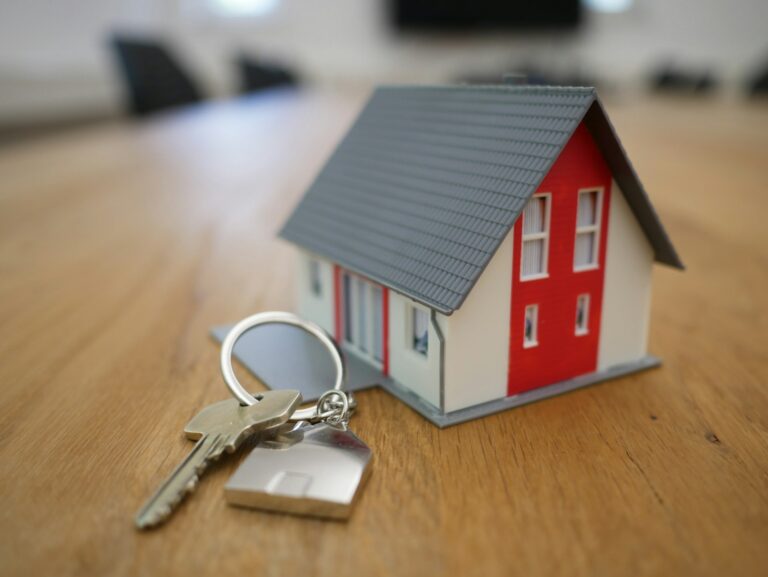(The Center Square) — After lengthy discussions in city council meetings and public hearings, Shreveport Mayor Tom Arceneaux and Police Chief Wayne Smith enacted an initiative to address the ongoing issues of squatting in the city.
Arceneaux and Smith announced the initiative Wednesday morning noting officials are starting to crack down. Arceneaux introduced Ordinance 18, and after it was approved by the Shreveport City Council, it took effect Thursday.
In addition to the ordinance, there is also an accompanying initiative from Smith called A.S.K. B.L.U.E, which seeks to “Addressing Squatters Knowledgably” with “Bold Legal Unified Efforts.”
“This initiative is about restoring safety and accountability,” Smith said. “Our officers will take decisive action to identify and remove squatters while working with property owners, community leaders, and other agencies to ensure a lasting solution. We are committed to making Shreveport a safer place for everyone.”
The Ordinance and A.S.K B.L.U.E initiative will happen in three phases, with the first phase 1 involving community engagement where the department will launch a public awareness campaign.
The second phase will focus on investigation and enforcement as the department will crack down on reports and offenders, and educate on new laws. The final phase aims to focus on arrests, as the Shreveport Police Department will place patrol officers in areas significantly impacted by squatters.
The Highland neighborhood is the most affected, so efforts will begin there and gradually move throughout the city when reports come in.
The public outcry over squatting has become severe as public officials like John-Paul Young and resident-led organizations like the Highland Neighborhood Association have gathered petition signatures and spoken often in council meetings to fix the issue.
Reported data shows that the Shreveport Police Department received over 300 calls relating to squatting from January 2024 to March of this year. 40% of those calls pertained to the Highland neighborhood.
According to the department, documented crimes associated with these cases included burglary, trespassing, property damage, theft, drug activity, armed threats, and unauthorized entry.
“Illegal squatting is not just a property issue — it’s a public safety crisis that has contributed to increased crime, drug activity, and quality-of-life concerns for our residents,” Arceneaux said. “With this ordinance and SPD’s swift action, we are taking a firm stance against unauthorized occupation and restoring peace and order to our neighborhoods.”

